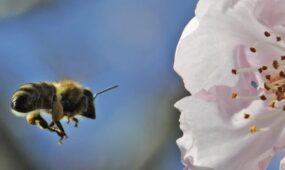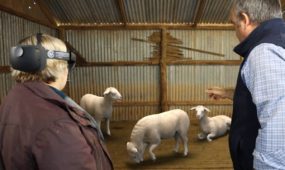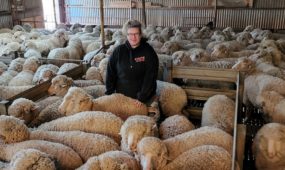Abalone farm trials feed made from wine waste
Primary Industries
An on-farm trial where abalone are fed recycled grape marc from the wine industry has begun in southern Australia.

Sign up to receive notifications about new stories in this category.
Thank you for subscribing to story notifications.
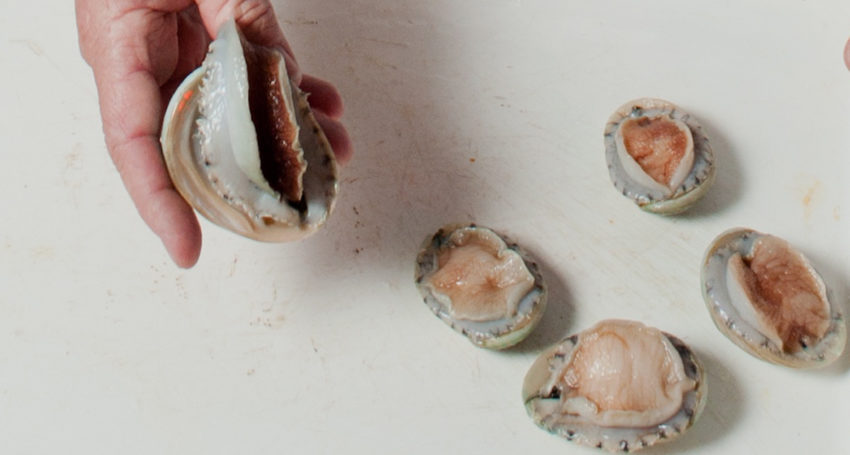
The South Australian Research and Development Institute (SARDI) has partnered with Port Fairy abalone farm Southern Ocean Mariculture, Aquafeeds Australia and Tarac Technologies following a successful lab trial last year.
Steam distilled grape marc, registered as Acti-Meal, is the heat-treated skins, pulp, seeds, and stems of grapes left over after making wine. Once known as a waste product, Barossa Valley-based Tarac Technologies is a world leader in turning grape marc into a range of value added products including grape spirit, grape seed extract, grape seed oil, stock feed and soil improvers.
During the three-month lab trial at a water temperature of 22°C, greenlip abalone fed on an experimental formulated diet containing 5-20 per cent Acti-Meal (pictured below) displayed greater growth performance and feed utilisation compared to those on a commercial diet.
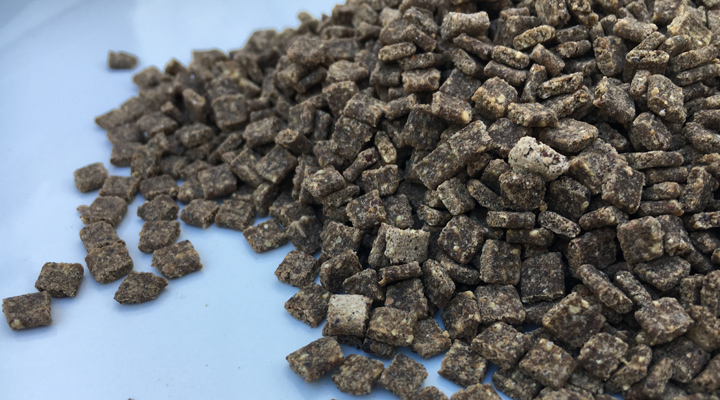
The abalone on the grape marc diet showed a 6 per cent improvement in biomass gain and a 2.9 per cent increase in shell growth rate compared with abalone fed on a commercial diet.
The grape marc-fed abalone also outperformed the other abalone in Food Conversion Ratio in the trial, which is the amount of food given compared with the amount of weight gained.
The commercial feed returned a ratio of 0.81 grams of feed per gram of growth while just 0.67 grams of the feed containing 20 per cent grape marc was required per gram of growth.
Sixteen concrete raceways were each stocked with 100kg of abalone between December 18 and 20, the start of the six-month farm trial. At the time each abalone, which were about a year old and halfway through their growing cycle, weighed about 18 grams and had a length of about 48mm. The abalone in eight of the raceways are being raised on a 20 per cent Acti-Meal diet while the other eight raceways are being fed a standard commercial feed.
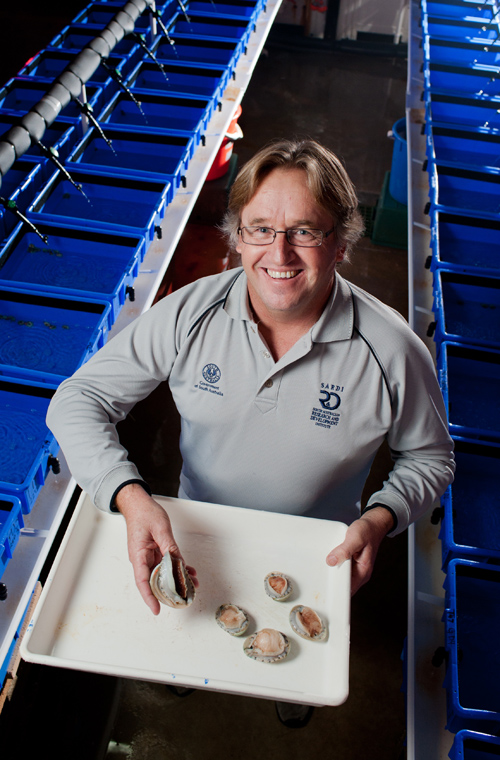
Picture: SARDI Aquatic Sciences.
SARDI Nutrition and Feed Technology Associate Professor David Stone, right, said early indications would not be known until the first official weight check was recorded in February.
“All we know at the moment is the animals are feeding well and everyone’s happy,” he said.
“They are accepting the food, there’s been no mortalities and they are growing well.
“We’ll look at it every month to get an idea but at the end of the six months the bulk weight is going to be the main interesting part and the economics associated with the way they grow such as the food conversion ratio, growth rate, feed intake and survival.”
The feed comes in pinhead-sized granules for baby abalone and larger flat pellets for more mature abalone and lasts in the water for 24 hours or more to allow for overnight feeding.
The farm trial is being funded by a $100,000 grant through the South Australian River Murray Sustainability Program while the lab study was funded through the South Australian Government Functional Food Focus Program.
Assoc Prof Stone said one of the major challenges facing aquaculture was finding sustainable food sources that minimised the use of marine ingredients. He said using a waste product such as steam distilled grape marc went part of the way to achieving this.
“You don’t want to be taking 2kg of fish from the ocean to produce 1kg of fish in a farm,” Assoc Prof Stone said.
“The other bonus here is that we are removing something that costs $500-$800 a tonne and replacing it with what is effectively a waste product that costs $250-$400 a tonne – it’s a price reduction with a growth benefit.”
Tarac Technologies processes more than 120,000 tonnes of grape marc and 40 million litres of distillation wine at its sites in the Barossa Valley, Riverland and Griffith to ultimately produce about 10 million litres of grape spirit a year.
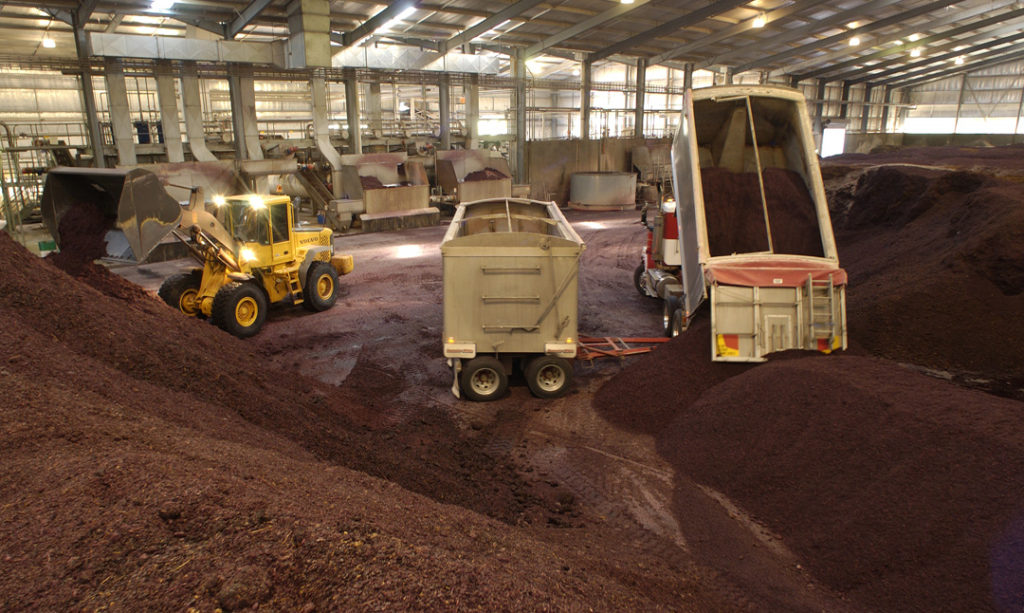
The Barossa Valley company exports up to 80 per cent of its grape spirit, primarily to North America and Europe, and also supplies more than 50 boutique distillers around Australia.
As a bi-product of those processes Tarac produces about 130,000 tonnes a year of steam distilled grape marc, which is also used as a soil conditioner or stock feed.
Jump to next article
